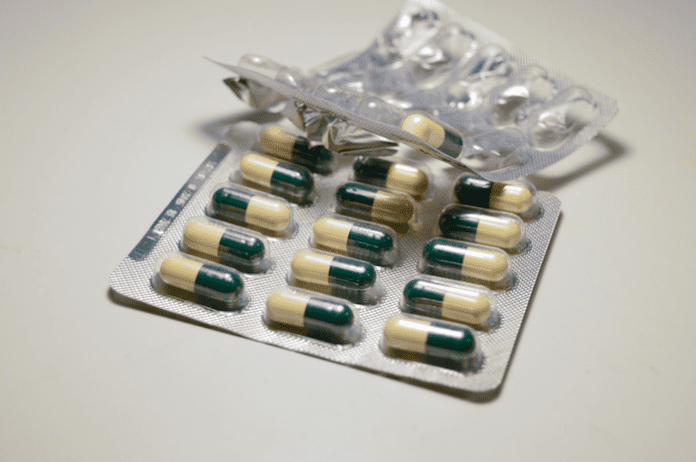
Researchers have discovered new antibiotics that have the potential to tackle drug-resistant tuberculosis bacteria.
Tuberculosis is a bacterial infection that mainly affects the lungs, causing symptoms such as a persistent cough, night sweats and tiredness. It kills around 1.5 million people worldwide every year, and whilst treatments are available, more drug-resistant strains of tuberculosis bacteria have developed.
The research was published in PLOS Biology and carried out by Ho-Yeon Song of Soonchunhyang University in the Republic of Korea and colleagues. The team has discovered a new class of antibiotics that is highly effective against drug-resistant tuberculosis bacteria. This could be a major advancement in drug development.
Developing new antibiotics for tuberculosis bacteria
To develop new drug candidates, the researchers analysed different plant extracts and found Deoxypergularinine (DPG). DPG showed promising antibacterial activity and is purified from the root of Cynanchum atratum, a plant used in Chinese medicine.
The researchers tested multiple analogues of DPG to test their ability to inhibit tuberculosis bacteria without harming the infected cells. Through this process, they found a class of derivatives with high antitubercular effects and low toxicity.
For several derivatives, a standard measure of antibacterial effect was lower, indicating better efficacy. These derivatives, when compared to current first-line tuberculosis drugs in XDR strain-infected cell culture, were more successful at tackling tuberculosis bacteria. More evidence illuminated that in a mouse model, four weeks of treatment with one derivative called PP1S significantly reduced the burden of tuberculosis bacteria infection compared to the control group. Furthermore, PP1S and PP2S, a secondary derivative, did not produce any clinical side effects in healthy rats following two weeks of treatment.
The problem with antibiotics
An issue with antibiotic treatment is off-target killing other bacteria, including those within the gut. The researchers found no significant changes in the mouse gut microbiome with PP2S. The extremely selective effect on tuberculosis bacteria is likely due to the target of the PPs, which the authors noted was likely due to a gene called PE_PGRS57. The gene appears in very few other species of bacteria, including multiple other Mycobacterium species.
Currently, treatment of drug-resistance tuberculosis bacteria requires over a year of therapy with a range of antibiotics, each with important side effects.
Song concluded: “While further testing will be required, the low effective dose and high level of safety in these early tests indicate that these new drugs are likely to be important alternatives to the current regimen for treatment of tuberculosis. A new class of PP derivatives is a Mycobacterium tuberculosis-targeted antimicrobial with microbiome-safe properties.”










